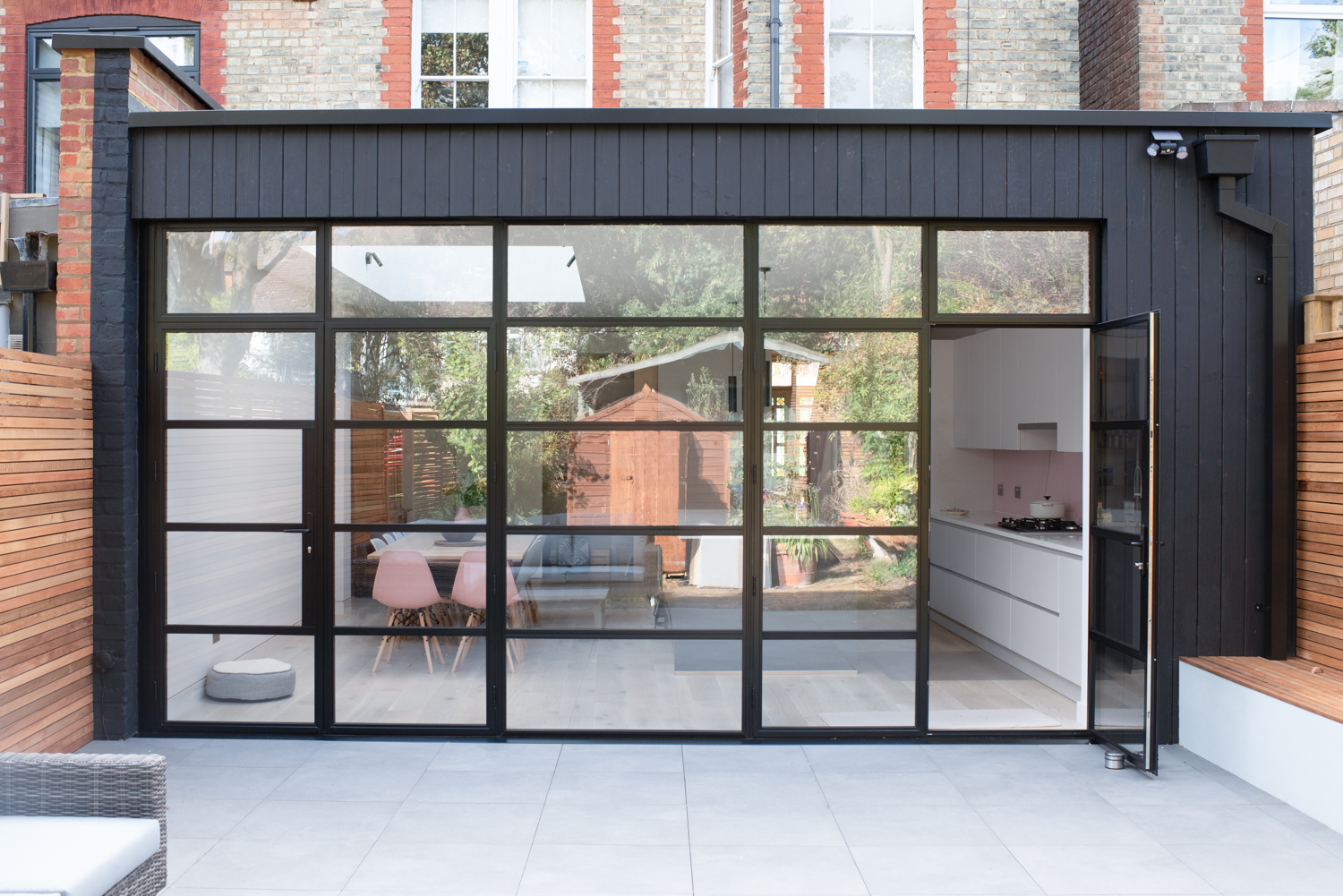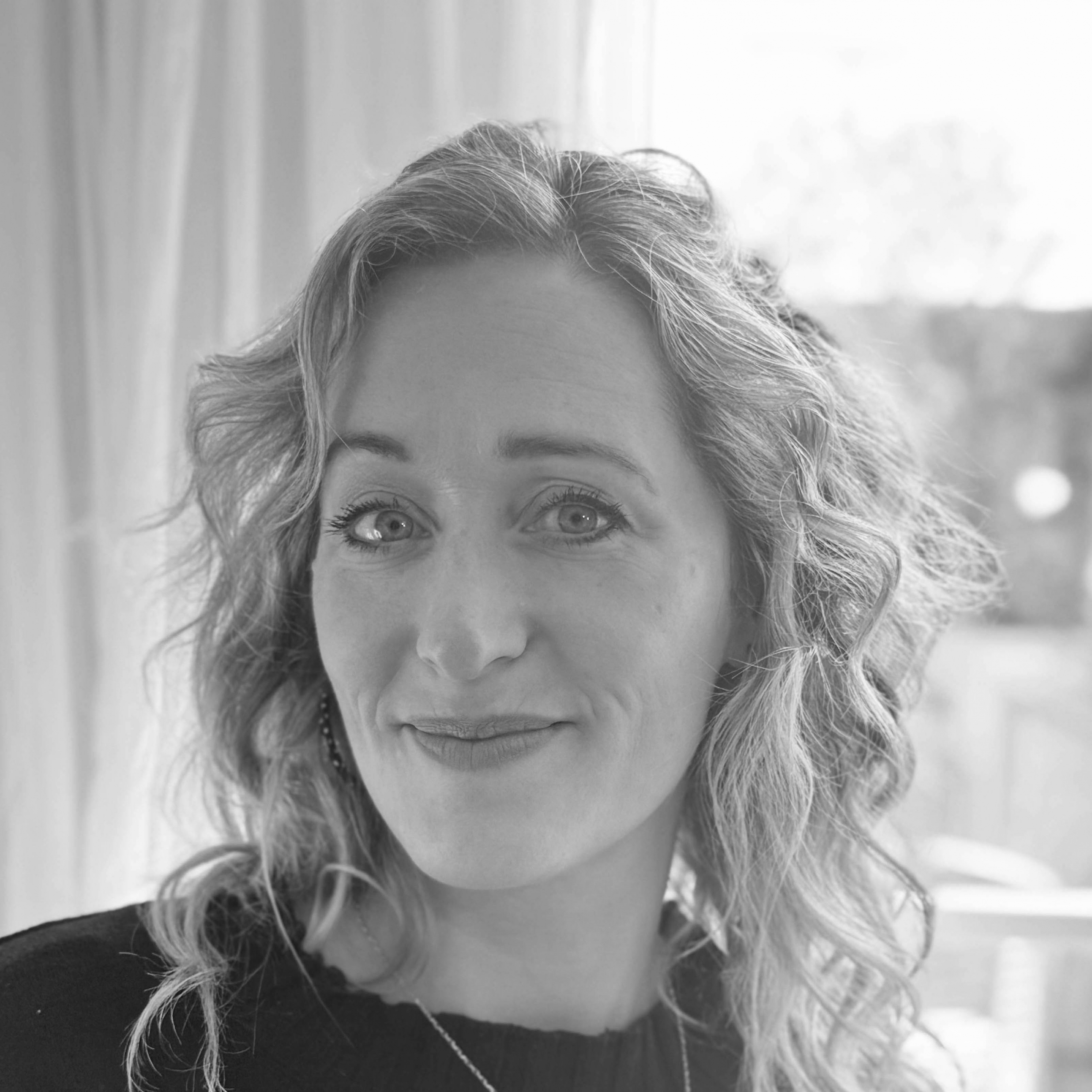Do I need a feasibility study?
All projects, big or small, will go through the feasibility phase; which is basically a research phase to help decide whether a project will proceed or not. A feasibility study will usually also inform the design and construction method.
The decision to proceed lies with the client of course, but the architect will provide the appropriate information in a structured way to make it as easy as possible for the client to come to their decision.
For many projects, a formal feasibility report will be beneficial. It’s not always the size or cost of the project that determines this but associated factors such as location, complexity, type of development etc. However, where the project is small and uncomplicated, it may be more appropriate for the architect to discuss their findings verbally during a meeting with the client.
Featured image – extension by Nick, architect from Tower Hamlets, London. To see more and shortlist them for your home project click here.
Is a feasibility study worthwhile?
I’m sure you’ve been told many stories from friends and neighbours who have undertaken building or renovation work about unexpected and costly surprises (usually at the beginning of the construction phase). A good feasibility report should remove or minimise this risk – to help plan around obstacles and work with the opportunities. Not only will the design benefit, it will also help you plan for all costs and estimate the time-frame more accurately. In summary, a feasibility report is invaluable and should not be skipped over or rushed – it’s likely to save you more money and time than it costs in the long run.
Home projects that usually require a formal feasibility report:
Who does the feasibility study?
It’s usually your architect who would carry out a feasibility study. However, the architect may need to consult (with your permission) a number of specialists, to compile a particular section of the report. Consultants who might be involved in the study include:
- Quantity surveyor
- Structural engineer
- Geotechnical engineer
- Mechanical and electrical services engineer
- Planning consultant
- Landscape architect
Statutory bodies who may also need to be involved in a feasibility study include:
- Planning authority
- National Trust and/or English Heritage
- Forestry Commission
- Drainage
- Utilities – Gas, Water, Electric, National Power, British Telecom
- Highways, Transport
- Housing authority
- Police
- Fire
What’s involved in a feasibility study?
Your architect will determine which areas may be appropriate to investigate based on your brief and the specifics of your site.
Site Location
Various factors will be considered in relation to the location of the site including:
- Nearby watercourses / flood risk
- Use of neighbouring and adjoining land.
Access
Means of accessing the site are critical. In the case of a typical house extension, access for machinery can be a factor that can lead to increased costs and the prospect of the residents not being able to stay in the property during the work.
Rights and permissions
The following rights might exist and should be investigated:
- Light
- Party wall
- Easements
- Covenants
- Freeholder consent
Planning
- Is there already an agreement in principle?
- Do any permissions on the site currently exist?
- What are the standard conditions usually applied to a similar project in that area? Do any similar projects exist as precedent?
- Does the site benefit from permitted development rights?
- Is the building listed, of architectural significance or in a conservation area?
Drainage
- What’s the current provision?
- Are there any plans for what’s going on underground? Modifications of drainage below ground can be complicated and costly and can therefore inform the design/layout.
Geological factors
Ground conditions, subsidence and unusual ground conditions should all be investigated.
Structure
A structural appraisal of the existing house will usually be appropriate with most extension or renovation projects.
Design possibilities
This is a particularly broad subject, but the architect may highlight a list of opportunities that can influence the design with regards to e.g. surrounding buildings, site factors, structural options and aesthetics.
Cost
At this stage it will most likely be a very broad estimate, e.g. based on cost per square metre or other similar projects. It’s usually premature to have a quantity surveyor carry out a full analysis, as there is no design yet to base it on.
How much does a feasibility study cost?
Depending where you are in the country and the complexities of the project/scope of the report, a feasibility study would typically cost between £1,000-£4,000. The feasibility study will usually be a separate fee within the fee proposal that is prepared by your architect prior to their appointment.


